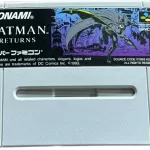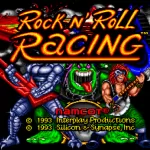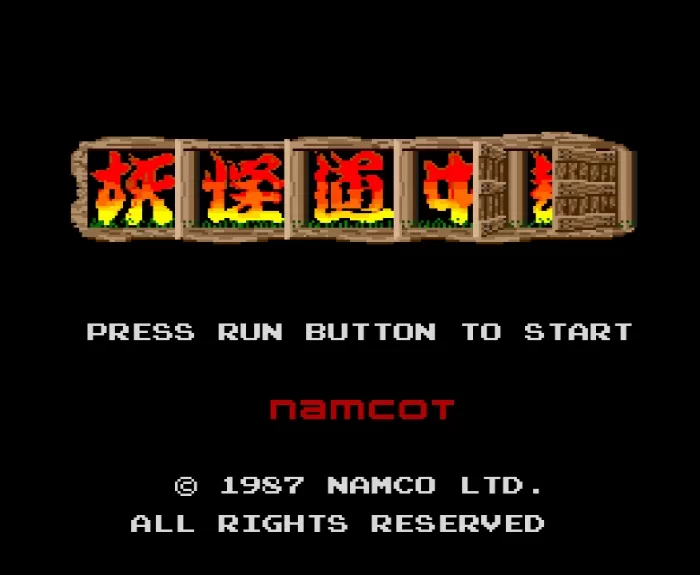
Yokai Dochuki is an unusual retro platform game — but then, very few games send young children to literal hell that I can think of.
In Retro Game Of The Week I pull a game from my collection and write about why it’s important or interesting. Or in some cases, badly dated and rubbish.
The PC Engine (or the ill-fated Turbo Grafx 16, if you prefer the American versions of consoles, which you really shouldn’t — I mean, look what the USA did to the classic smooth lines of the SNES…) is an unusual console, and one that I only came into contact with firstly by dint of living in the UK at the right time for it to be an import system there (which I wrote about for Kotaku a few years back), and then by deciding to actually buy and own one in the middle of a global pandemic.
Because hey, if not then, when? Or at least that was part of my thinking at the time. Still, while I played a little of it in my youth, and more since actually buying one as an adult, it’s one of only a handful of retro systems where, while I was aware of its existence at the time, I didn’t hold huge rosy nostalgic memories of it.
My love for the SNES is undying, I appreciate the heck out of the Megadrive, the Gameboy was great and the Master System II was my very first… but I was in my 40s before I bought my first PC Engine.
This was also — though I didn’t realise it at the time — when I bought my first religious console game. Well… sort of, I guess if Populous counts then I’m wrong, but that game is more broadly religious rather than specifically so, at least for the first game in the series.
Mind you, while western religious games of the Wisdom Tree ilk have a bad (and well earned) reputation, of course Japan does it a little different.
Enter Yokai Dochuki, a random pickup in a bulk lot of PC Engine games I got with my Duo, and a game I’d never played before then, though there was apparently a Famicom and arcade version too that preceded it. You play as Tarosuke, a young boy who is…
well, there’s no dancing around this…
Tarosuke is cast into hell for causing mischief on earth, and he must seek out Yama, the Hindu god of death and justice.
You know, classic wacky platform gaming tropes, only this time with lots of demons and pain and suffering and such.
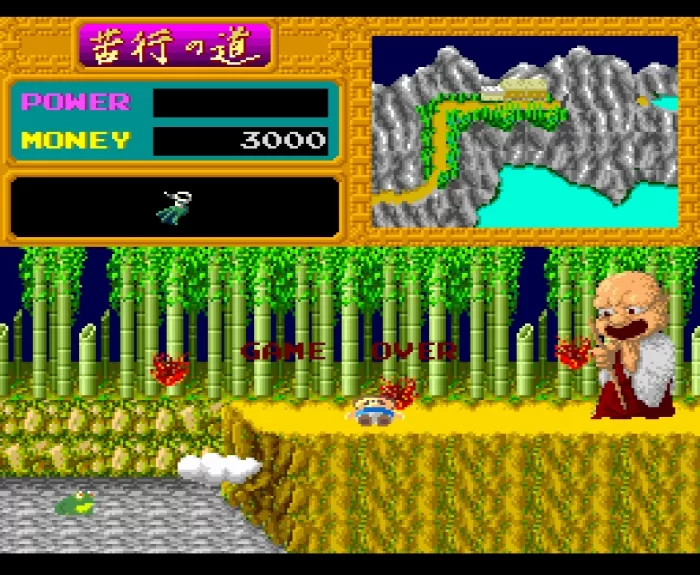
It’s all fun and games until you’re literally killed in hell by a deity.
Also random wacky interludes where you gamble your in-game currency on a roll of the dice, or get offered a deal by the game’s first level boss to give him all your money for an easier go. Spoiler: He’s a demon, Tarosuke is in hell, how do you think that’s going to go?
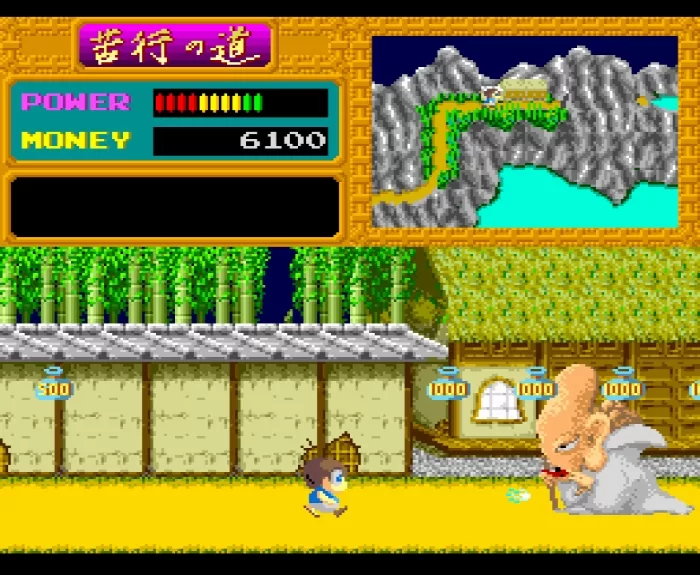
Yokai Dochuki isn’t just thematically different, though. It’s also quite difficult and all but entirely unforgiving. Tarosuke only has one soul (lightly stained, one user), which means you’ve only got one life to get through the entire game, and this is no easy feat.
Yokai Dochuki does somewhat fall into the trap that a lot of early platform games did, where it’s more a function of memorisation of patterns and attacks much more than just being good with your responses and timing. Along the way you can buy a range of powerups, and a tasty bowl of ramen to refill your energy along the way… and you’ll need it.
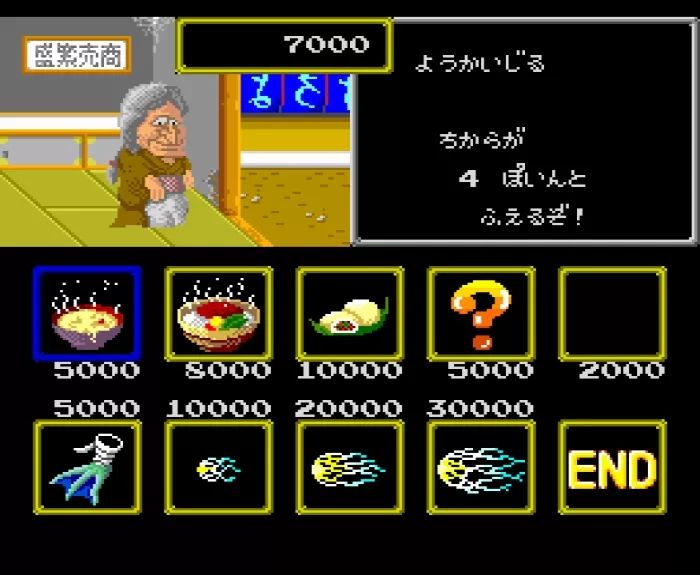
The Udon in the afterlife is to die for.
Truth be told, Yokai Dochuki is a little unbalanced, but I do enjoy it anyway, if only because of that rather unusual styling. I mean, it came out in 1987, and I’m struggling to think of a game that literally casts kids into the abyss between this and 2010’s Limbo. Anyone know of one?
How to play Yokai Dochuki today
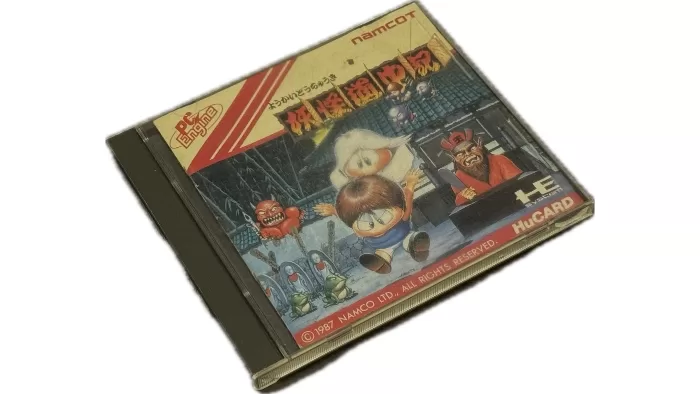
That’s my copy above; given it appeared as part of a bulk lot of games (mostly just the HuCards, not the cases), I can’t really say how much I “paid” for it per se.
Yokai Dochuki started life as an arcade game, and you can pick up the Arcade Archives version for Switch (and I think PS4) if you want an easy way to play it on modern systems.
It’s certainly not an expensive game to buy, with sold copies appearing to go for around $5, maybe $15 with the full case and manual — though naturally, there’s plenty of folks trying to get more than that for it.

